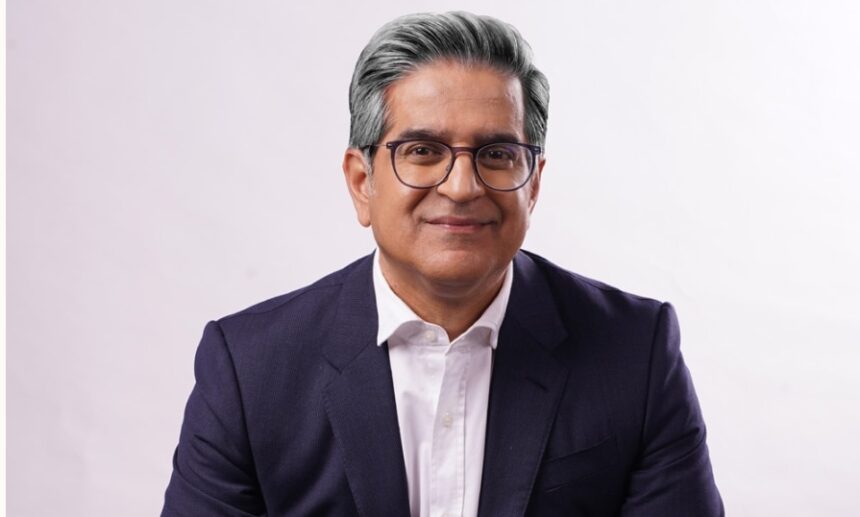Aamir Ibrahim, CEO of Jazz, praised Pakistan and said hailed new data demonstrates notable progress in closing Pakistan’s digital gender gap, calling it a watershed moment for the nation’s inclusion program. His comments were made at the virtual presentation of the GSMA Mobile Gender Gap Report 2025, which showcased Pakistan as the country that has made the biggest year-over-year progress among those surveyed.
The gender gap in Pakistan’s mobile internet usage decreased for the first time in three years, from 38% in 2023 to 25% in 2024, according to the research. Mobile internet usage among women increased from 33% to 45%, with rural women being the main drivers. During the year, an estimated 8 million women and 5 million men joined the internet.
Aamir Ibrahim said:
“This is a transformational moment. We are not just seeing increased adoption—we’re witnessing the digital awakening of millions of women who are stepping into the digital economy, many for the first time.”
Ibrahim underlined the need for more extensive structural change while attributing the progress to the combined efforts of telecom operators, regulators, and advocacy groups.
Ibrahim also added:
“Public commitments matter. At Jazz, we made it our goal five years ago to have at least 30% of our customers be women by the end of 2025. We are not just making commitments—we’re backing them with intentionality and action.”
Even though 86% of women questioned are aware of mobile internet, obstacles like cost, digital literacy, and constrictive societal norms still exist. Remarkably, 35% of Pakistani women who use mobile internet borrow a smartphone to access the internet, whereas just 6% of men do the same. Both daily usage and the range of digital services available are severely constrained by this borrowing trend.
Aamir Ibrahim emphasized:
“Ownership is critical. The data is clear—when women own their own internet-enabled phones, they use them more often and for more use cases. But in many parts of Pakistan, the smartphone is still viewed as a threat to social norms. We need solutions that work at the household level, not just at the individual level.”
Although Aamir Ibrahim praised Pakistan, he also advocated for increased community involvement tactics to debunk myths and more creativity in affordability options, such as smartphone installment programs.
Ibrahim also said:
“You can’t drive change unless you bring the father, the brother, and the husband into the conversation. A cookie-cutter approach won’t solve gender disparity—we need context-specific, locally driven solutions.”
The development is in line with more general programs like as the Digital Gender Inclusion Strategy of the Pakistan Telecommunication Authority and industry-wide pledges made under the GSMA Connected Women program, of which Jazz is one of the top signatories.
Ibrahim came to a conclusion that:
“Inclusion is not optional. With 50% of our population still not fully engaged in the formal digital economy, Pakistan cannot afford to delay. A more equitable future depends on onboarding our women—and mobile technology is the fastest path forward”.
